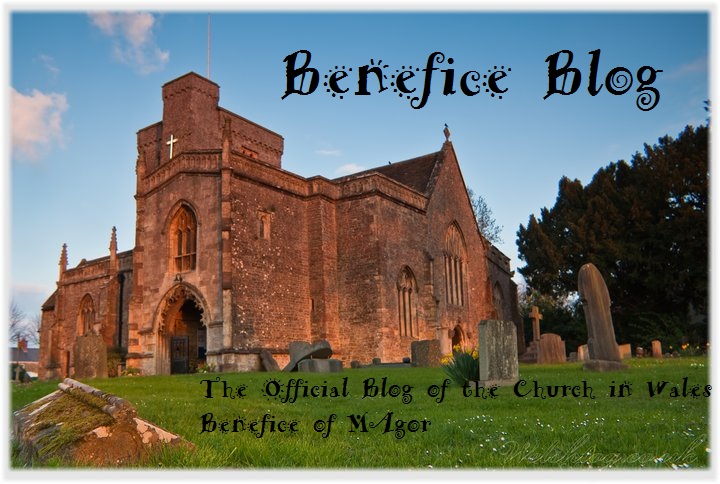Gospel Text: Luke 14:1,7-14
I’ve had a few weeks off, the first week I spent with the Air Training Corps as a Chaplain on an RAF station in Yorkshire, then I had a couple of weeks hanging around with the family. I think it’s called a “staycation”, it was very enjoyable, and reminded me of how lovely this part of Wales is.
Refreshed and reinvigorated, revived and revved up, I’m back for the next chapter of Church in the 21st century.
On one occasion when Jesus was going to the house of the leader of the Pharisees to eat a meal on the Sabbath, they were watching him closely.
Jesus is hob-nobbing with the religious glitterati of the day. He’s been invited to the home of a leading Pharisee for the Sabbath meal. Jesus has already nearly broken up the party by healing a man afflicted with oedema (or dropsy as it used to be called).
(it’s the bit of the Gospel we didn’t have between verse 2 and 6) I can imagine the scene, it was probably the equivalent of turning up to a country mansion in jeans and a tee-shirt, driving across the croquet lawn in your land rover and letting your dog chase the swans.
They say to Jesus, “Steady on old boy, you’re not supposed to be healing on the Sabbath, it’s just not cricket” (it’s my new translation….), Jesus actually says (and this IS in the NIV translation)
If one of you has a son or an ox that falls into a well on the Sabbath day, will you not immediately pull him out?
I can imagine awkward silence, as they look around at each other.
For the Pharisees, the act of eating a meal together was just like praying together. The two activities had rules and ritual.
In the silence, Jesus notices that people had been vying for positions of honour at the dinner, presumably closest to the host or the guest of honour. Luke doesn’t tell us if Jesus was the guest of honour, but even if he was, he quickly went down the rankings as he used the opportunity to teach the assembled guests about manners and the Kingdom of God.
Then he turns on the host and gives him a further lecture about whom he ought to have invited to dinner. What a party! What a guest!
Jesus is telling the host that he should have invited the marginalized, the poor and the outcast. This, for Jesus, isn’t a matter of party political position, it’s not a matter of economic theory or social philosophy. It isn’t even a matter of whether he is or isn’t a follower, it’s just bad manners not to do so.
After the host and the guests have chosen to point out that in their book it’s bad manners to heal on the Sabbath, so Jesus points out that in the same book, and in life, it’s really bad manners not to consider those with less in all situations.
For the past few weeks, I’ve been listening to the economic arguments for austerity and caution in the economy, I’ve heard about the wide-ranging cuts that need to be made and I’ve heard who is going to suffer the most. I’ve been really worrying about those who have the least, as benefits are squeezed and cuts to pubic services start to bite.
I can hear Jesus saying “Whether you are a follower or not, to fail to put the poor at the top of your list is not just misguided, it’s bad manners”, he is asking us all, “who are we inviting to the party”.
If you have difficulty in thinking about this issue as ‘bad manners’ you could always think of it as ‘humility’.
Now I don’t mind telling you that I had a problem with the whole ‘humility’ thing, people laugh when I say that. The difficulty is that the people who tell me that being ‘humble’ is important are the people who are nothing of the sort.
I always wondered how we were supposed to be ‘humble’ and how this really helped build the kingdom, feed the poor and enable the disenfranchised, just by us being meek and modest (part of the definition of being ‘humble’), I also didn’t see Jesus being particularly humble, especially not in this reading today. That was, until I heard the definition of humility from Alcoholics Anonymous;
Alcoholics Anonymous defines humility this way:
Humility is not thinking less of yourself.
It is thinking of yourself less."
Exactly what Jesus was talking about at dinner with the Pharisees.
Do we live as if we want to be an inviting people?
Do we speak inviting words?
Do we have inviting attitudes?
Do we invite others to the feast, where they can meet Christ in the bread and the wine?
Do we really, through our words and actions bring others to faith?




